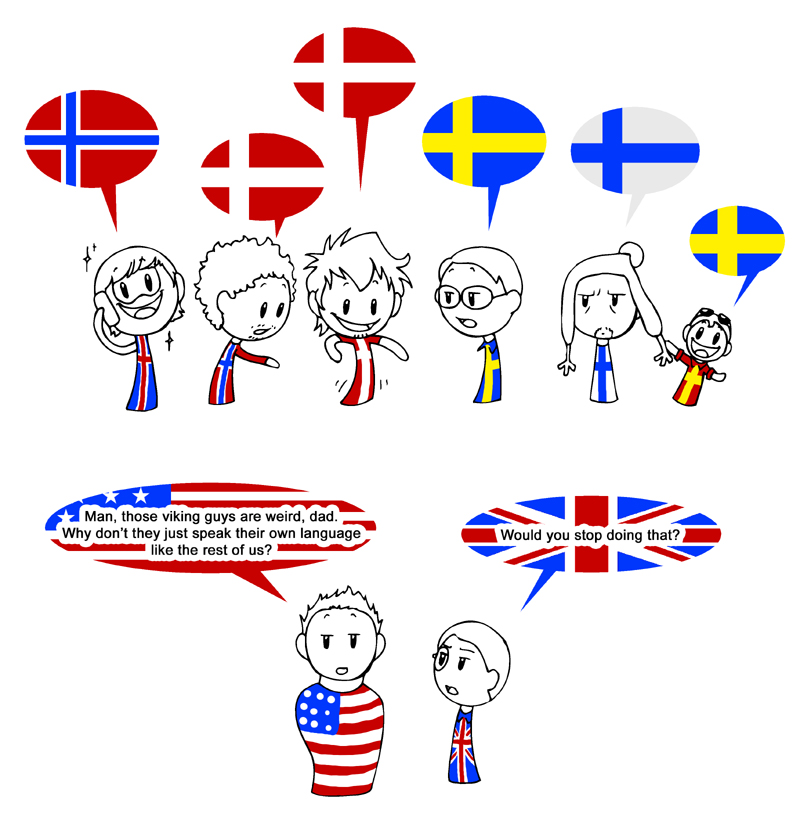kochman
Deity
- Joined
- Jun 8, 2009
- Messages
- 10,818
OK... you can call it a "zed" if you want... but can you please spell things properly?
Civilization... I've heard enough of all your accents to know that you generally pronounce it sharp enough to use a Z... and we are really confusing the foreigners.
Furthermore, let's be honest... American English (dialect that it is) has eclipsed British English...
You guys convert your Z's, and we'll (the USA and Canada, if I may be so forward as to speak for them) convert to 220v electricity and similar outlets as you.
How did Shakespeare spell "civilization"? Not that he is the only benchmark.
Question... in Canadia, do you guys use Z in civilization?
I am trying to rationalize my position.
Civilization... I've heard enough of all your accents to know that you generally pronounce it sharp enough to use a Z... and we are really confusing the foreigners.
Furthermore, let's be honest... American English (dialect that it is) has eclipsed British English...
You guys convert your Z's, and we'll (the USA and Canada, if I may be so forward as to speak for them) convert to 220v electricity and similar outlets as you.
How did Shakespeare spell "civilization"? Not that he is the only benchmark.
Question... in Canadia, do you guys use Z in civilization?
I am trying to rationalize my position.

